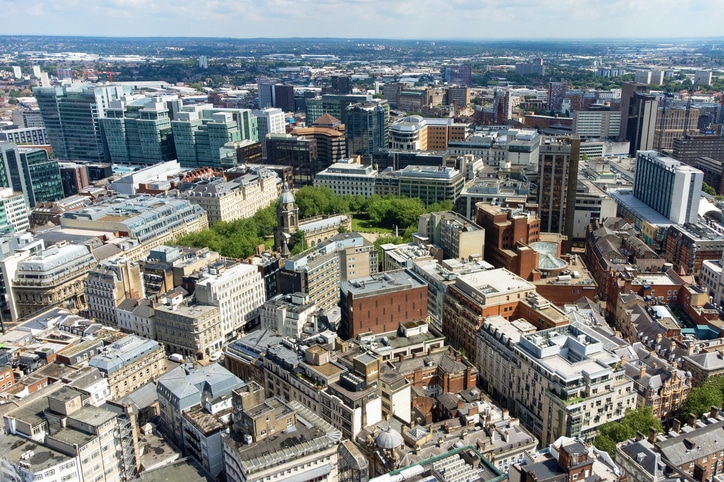Drug & Alcohol Rehab in Gravelly Hill
Complete a comprehensive process via a drug and alcohol rehab in Gravelly Hill, personalised to your circumstances here at Ocean Recovery
Our Centres
Rehab In Northern England

Google Reviews
4
Rehab in Scotland

Google Reviews
5
Rehab in Greater London

Google Reviews
4.5
Rehab in the Midlands

Google Reviews
4









